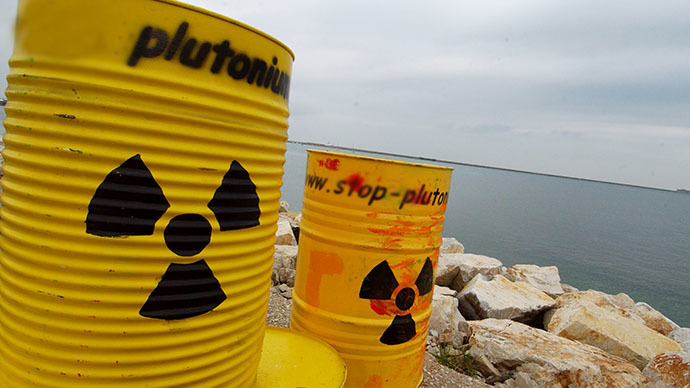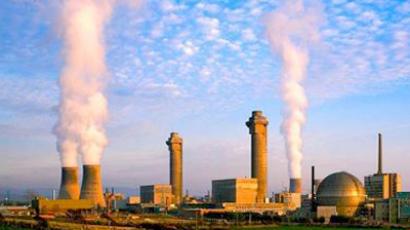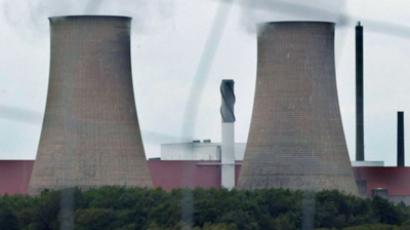UK ‘buys’ control of 960 kg of foreign-owned plutonium

The UK will be taking up ownership of nearly a ton of foreign owned plutonium. Swedish and German stockpiles already in the country will fall under the Nuclear Decommissioning Authority’s control.
The UK Department of Energy and Climate Change (DECC) granted the
authority control over the chemicals, meaning that the need to
transfer the plutonium back to each nation has been eliminated.
The UK is currently home to the largest civilian plutonium
stockpile in the world. Last year, the country “adopted”
almost 3 tons of German, Dutch and French plutonium.
The new move will see the UK taking control of some 800 kilograms
of material once owned by a Swedish utility, alongside 140
kilograms that belonged to a German research organization,
Reuters reported Thursday.
DECC said that the financial benefits of taking over the
stockpiles on “are considered to be sufficient to offset the
estimated long term cost of managing that plutonium in the
UK.” However, the full terms of the deals and parties
involved were not divulged.
“We have agreed to these transactions as they offer a cost
effective and beneficial arrangement, which removes the need to
transport separated plutonium, allows the UK to gain national
control over more of the civil plutonium in the UK and enables an
outstanding contract with a Swedish utility to be
concluded,” Energy Minister Michael Fallon said.

Plutonium is one of the primary ingredients in nuclear bombs.
However, the UK has also discussed converting it into nuclear
“MOX” (mixed oxide) fuel. New ideas were proposed after
the failure of the £1.4 billion ($2.3 billion) Mox plant at
Sellafield, which was forced to close in 2011. Among the options
are the full-on burning of plutonium in a fast reactor built by
GE-Hitachi.
Last November it was announced that the UK was considering the
incineration of its vast plutonium stockpiles to be a
“credible” option.
The secret NDA report showed that the highly radioactive
plutonium stockpiles, which have been piling up and plaguing
British governments for the past three decades, have passed the
100-ton mark and will likely have increased to as much as 140
tons by 2020.
Data from the Office for Nuclear Regulation from last December
showed that at that point, some 23.4 tons was under foreign
ownership.
This figure is supplemented by a decision to include foreign
plutonium from imported nuclear waste in the statistics.
The excess costs some £2 billion ($3.3 billion) a year to
maintain at the Sellafield nuclear plant in northwest England,
where all storage of radioactive materials and nuclear
reprocessing in the UK takes place.
As well as being a health hazard, the plutonium has also been
cited as a potential target for terrorist attacks.














